
How the countryman deceived the townsman and invited him with humble entreaties and great importunity. فریفتن روستایی شهری را و بدعوت خواندن بلابه و الحاح بسیار
ای برادر بود اندر ما مضی شهریی با روستایی آشنا
In the past, O brother, there was a townsman (who was) intimate with a countryman.
روستایی چون سوی شهر آمدی خرگه اندر کوی آن شهری زدی
Whenever the countryman came to town, he would pitch his tent in the street of the townsman.
دو مه و سه ماه مهمانش بدی بر دکان او و بر خوانش بدی
He would be his guest for two or three months, he would be in his shop and at his table,
هر حوایج را که بودش آن زمان راست کردی مرد شهری رایگان
And the townsman would provide, free of cost, everything that he wanted during that time.
رو به شهری کرد و گفت ای خواجه تو هیچ مینایی سوی ده فرجهجو
(Once) he turned to the townsman and said, “Sire, are you never coming to the country for a holiday?
الله الله جمله فرزندان بیار کین زمان گلشنست و نوبهار
Bring all your children, (I beg you) in God’s name, for this is the time of the rose-garden and the springtide;
یا بتابستان بیا وقت ثمر تا ببندم خدمتت را من کمر
Or come in summer, in the fruit-season, that I may brace my belt to do you service.
خیل و فرزندان و قومت را بیار در ده ما باش سه ماه و چهار
Bring your retinue and your children and kinsfolk, and stay in our village three or four months,
که بهاران خطهی ده خوش بود کشتزار و لالهی دلکش بود
For in spring the countryside is pleasant; there are sown fields and lovely anemones.”
وعده دادی شهری او را دفع حال تا بر آمد بعد وعده هشت سال
The townsman was (always) putting him off with promises, until eight years had elapsed since the (first) promise (was given).
او بهر سالی همیگفتی که کی عزم خواهی کرد کامد ماه دی
Every year he (the countryman) would say, “When will you set out on the journey? for the month of December is (already) come,”
او بهانه ساختی کامسالمان از فلان خطه بیامد میهمان
And he (the townsman) would make an excuse, saying, “This year we have a guest who has come from such and such a district;
سال دیگر گر توانم وا رهید از مهمات آن طرف خواهم دوید
(But) next year I will run (down) to that part (of the country), if I can escape from the pressing affairs (which keep me at home).”
گفت هستند آن عیالم منتظر بهر فرزندان تو ای اهل بر
He (the countryman) said, “My family are (anxiously) expecting your children, O benefactor.”
باز هر سالی چو لکلک آمدی تا مقیم قبهی شهری شدی
Every year he was coming back, like the stork, to reside in the townsman’s pavilion,
خواجه هر سالی ز زر و مال خویش خرج او کردی گشادی بال خویش
And every year the Khwája would expend his gold and wealth upon him and open his wings (wide).
آخرین کرت سه ماه آن پهلوان خوان نهادش بامدادان و شبان
On the last occasion, that paladin set dishes (of food) before him at morn and eve for three months.
از خجالت باز گفت او خواجه را چند وعده چند بفریبی مرا
From shame he again said to the Khwája, “How long (nothing but) promises? How long will you deceive me?”
گفت خواجه جسم و جانم وصلجوست لیک هر تحویل اندر حکم هوست
The Khwája said, “My body and soul are eager for the meeting, but every change depends on the decree of Him (God).
آدمی چون کشتی است و بادبان تا کی آرد باد را آن بادران
Man is like a ship or sail: (he must wait) to see when the Driver of the wind shall send the (favourable) breeze.”
باز سوگندان بدادش کای کریم گیر فرزندان بیا بنگر نعیم
Once more he (the countryman) adjured him, crying, “O generous man, take your children and come and behold the pleasures (of the country).”
دست او بگرفت سه کرت بعهد کالله الله زو بیا بنمای جهد
He took his hand three times in covenant, saying, “In God’s name, come quickly, make the utmost effort!”
بعد ده سال و بهر سالی چنین لابهها و وعدههای شکرین
After ten years and every year the same sugared entreaties and promises.
کودکان خواجه گفتند ای پدر ماه و ابر و سایه هم دارد سفر
The Khwája’s children said, “O father, the moon and the clouds and the shadows too have their journeys.
حقها بر وی تو ثابت کردهای رنجها در کار او بس بردهای
You have laid obligations on him, you have taken great pains on his account,
او همیخواهد که بعضی حق آن وا گزارد چون شوی تو میهمان
And he wishes to repay some part of that obligation when you become his guest.
بس وصیت کرد ما را او نهان که کشیدش سوی ده لابهکنان
He gave us many injunctions in secret: ‘Bring him to the country,’ said he, ‘coaxing (him to come).’”
گفت حقست این ولی ای سیبویه اتق من شر من احسنت الیه
He (the townsman) said, “This is true, but, O Síbawayh, be on thy guard against the malice of him to whom thou hast shown kindness.
دوستی تخم دم آخر بود ترسم از وحشت که آن فاسد شود
Love is the seed (that bears fruit at the moment) of the last breath: I fear that it may be corrupted by estrangement.”
صحبتی باشد چو شمشیر قطوع همچو دی در بوستان و در زروع
There is a friendship like a cutting sword, (destructive) as December in the gardens and cornfields;
صحبتی باشد چو فصل نوبهار زو عمارتها و دخل بیشمار
There is a friendship like the season of spring, whence (come) restorations and produce incalculable.
حزم آن باشد که ظن بد بری تا گریزی و شوی از بد بری
Prudence is this, that you think evil, so that you may flee and become quit of evil.
حزم س الظن گفتست آن رسول هر قدم را دام میدان ای فضول
The Prophet has said, “Prudence is (consists in) thinking evil”: know that for every footstep there is a snare, O fool!
روی صحرا هست هموار و فراخ هر قدم دامیست کم ران اوستاخ
The surface of the plateau is level and broad, (but at) every step there is a snare: do not advance boldly.
آن بز کوهی دود که دام کو چون بتازد دامش افتد در گلو
The mountain-goat runs on, saying, “Where is the snare?” As it speeds onward, the snare lights on its throat.
آنک میگفتی که کو اینک ببین دشت میدیدی نمیدیدی کمین
O thou who saidst “Where?” look and see! Thou sawest the plain, (but) thou didst not see the ambush.
بی کمین و دام و صیاد ای عیار دنبه کی باشد میان کشتزار
Without ambush and snare and hunter, O cunning one, how should there be a sheep’s tail (laid in a trap) amidst the cornfield?
آنک گستاخ آمدند اندر زمین استخوان و کلههاشان را ببین
They that came along boldly on the earth see their bones and skulls!
چون به گورستان روی ای مرتضا استخوانشان را بپرس از ما مضی
When you go to the graveyard, O you with whom God is pleased, ask their bones concerning that which is past,
تا بظاهر بینی آن مستان کور چون فرو رفتند در چاه غرور
That you may see clearly how those blind intoxicated men went down into the pit of delusion.
چشم اگر داری تو کورانه میا ور نداری چشم دست آور عصا
If you have eyes, do not walk blindly; and if you have not eyes, take a staff in your hand.
آن عصای حزم و استدلال را چون نداری دید میکن پیشوا
When you have not the staff of prudence and judgement, make the (seer’s) eye your leader;
ور عصای حزم و استدلال نیست بی عصاکش بر سر هر ره مهایست
And if there is no staff of prudence and judgement, do not stand on every road without a guide.
گام زان سان نه که نابینا نهد تا که پا از چاه و از سگ وا رهد
Step in the same fashion as a blind man steps, in order that your foot may escape from the pit and the dog.
لرز لرزان و بترس و احتیاط مینهد پا تا نیفتد در خباط
He (the blind man) plants his foot tremblingly and with fear and precaution, so that he may not fall into derangement.
ای ز دودی جسته در ناری شده لقمه جسته لقمهی ماری شده
O you who have jumped away from some smoke and fallen into a fire, you who have sought a mouthful (of food) and become a mouthful for a snake,
Special Offers
by: Reza about (category: Masnavi, Persian Poetry)


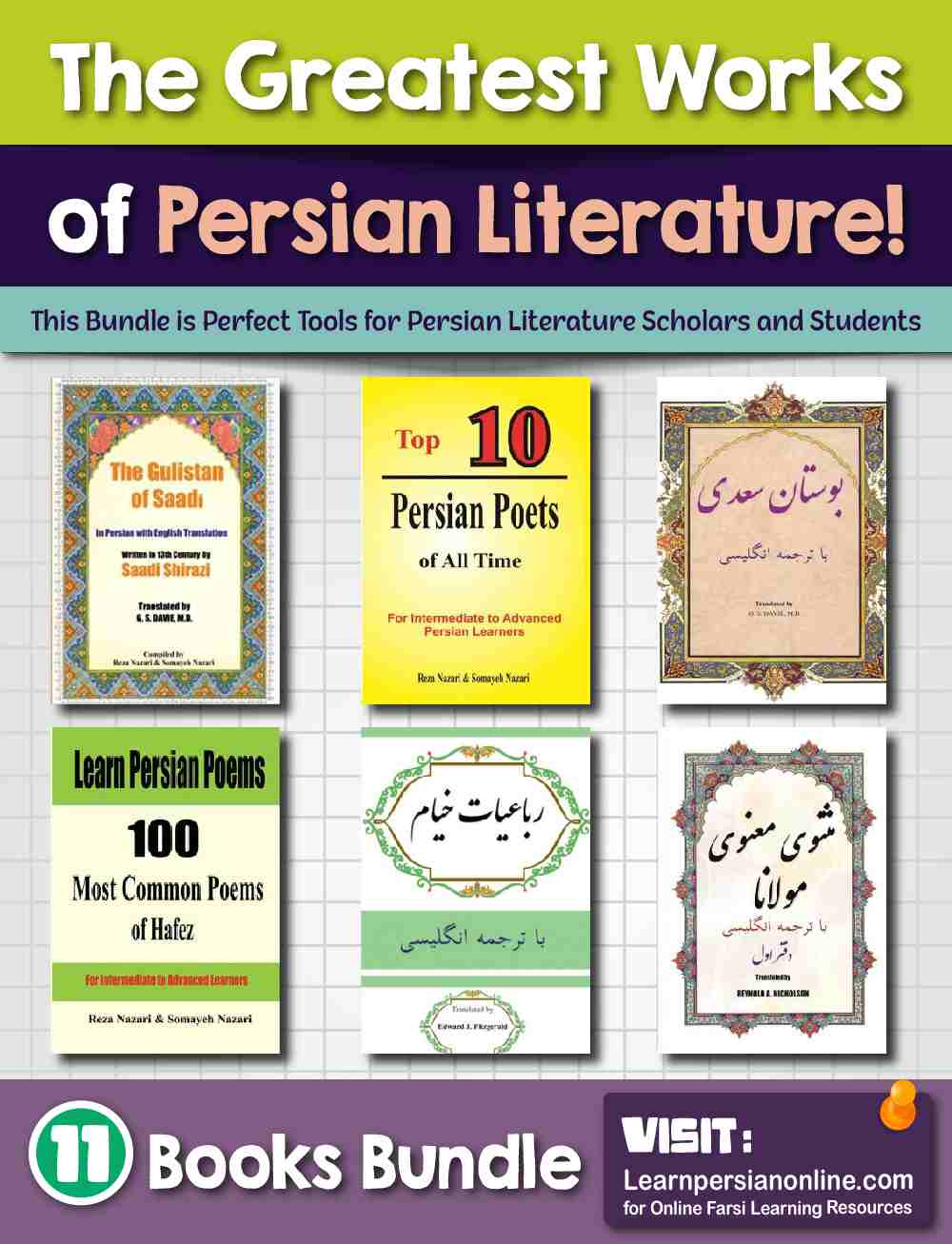
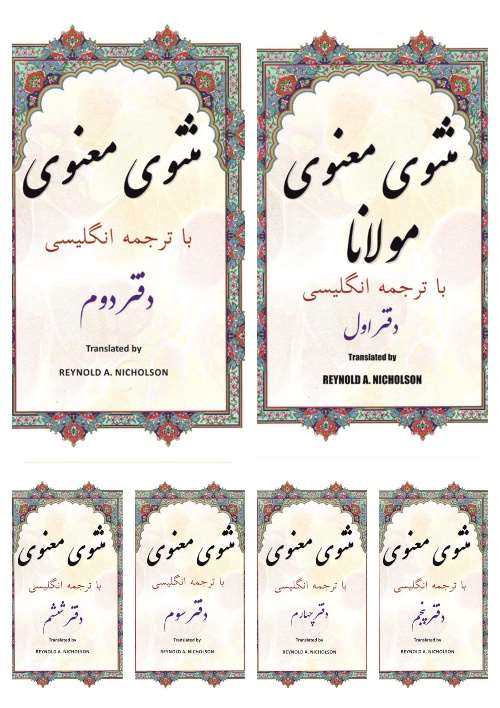
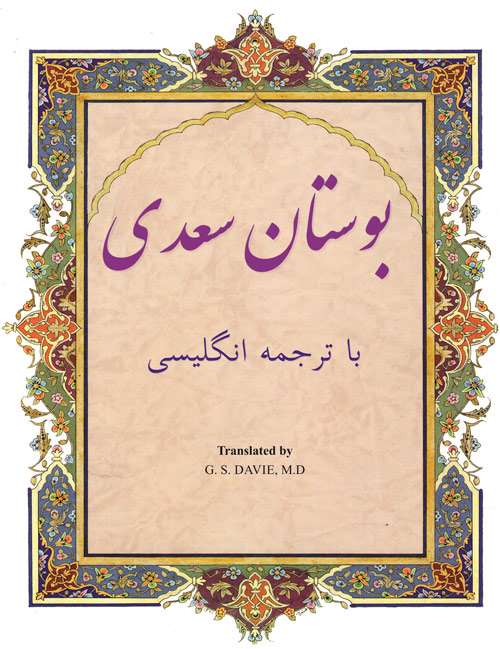
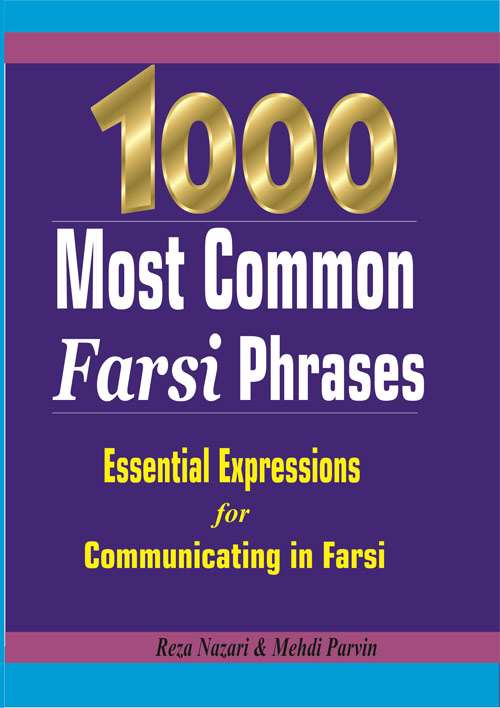
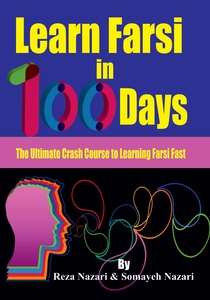






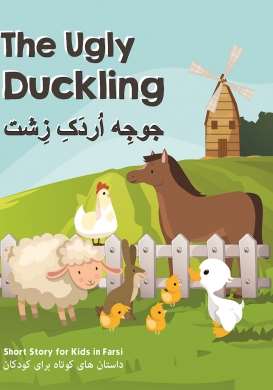


What people say about "How the countryman deceived the townsman"?
No one replied yet.